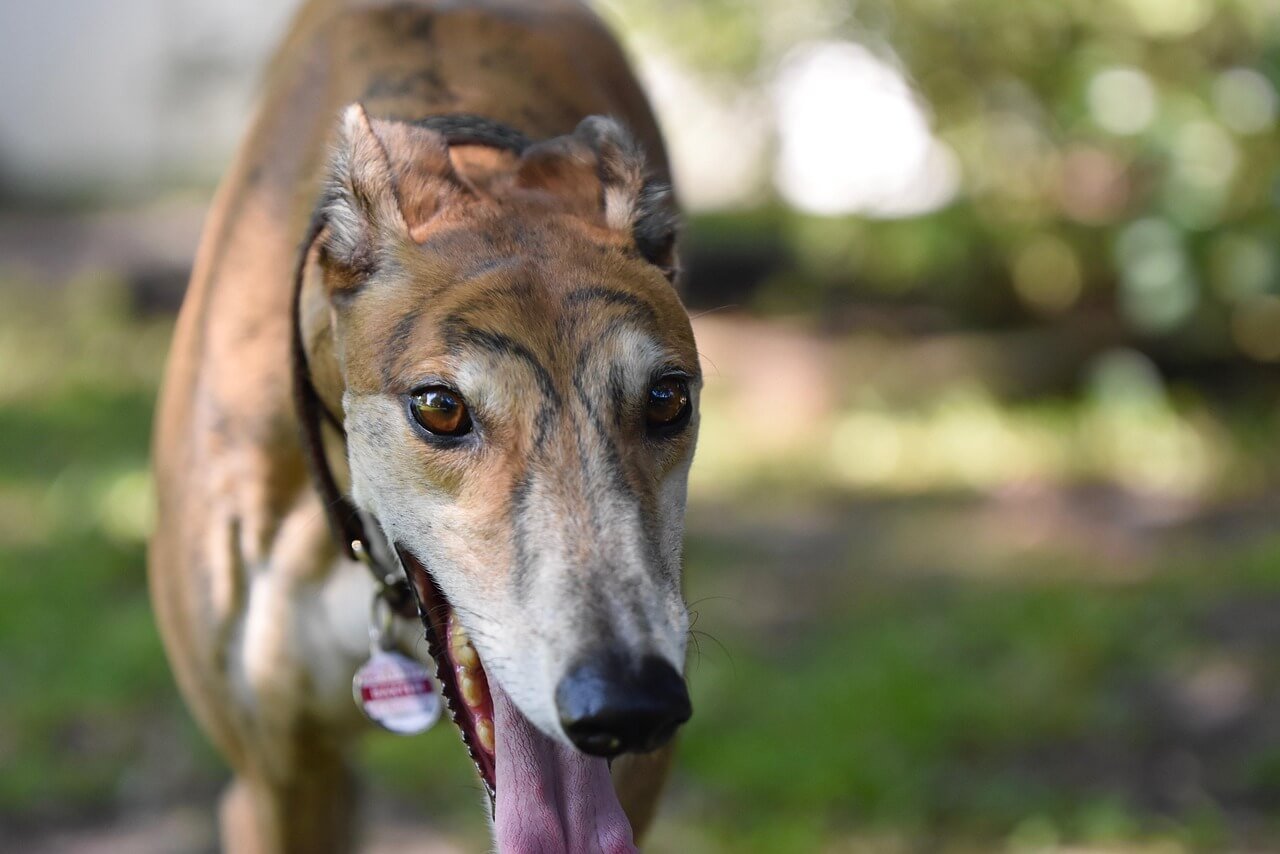Can Dogs Have Peanuts? What Every Pet Owner Should Know
Peanuts are a popular snack for humans, packed with protein and healthy fats. But can dogs have peanuts too? While these crunchy legumes aren’t inherently toxic to dogs, there are important considerations to keep in mind before sharing them with your furry friend. From potential allergies to hidden dangers like salt and additives, it’s essential to understand how peanuts might affect your dog’s health. In this blog post, we’ll explore whether peanuts are safe for dogs, the risks involved, and how to offer them responsibly. Let’s dive in and ensure your pup stays happy and healthy!
Are Peanuts Safe for Dogs? Key Considerations
While peanuts aren’t toxic to dogs, they’re not a perfect treat either. Here’s what you need to know before offering peanuts to your dog:
Plain Peanuts Are Generally Safe: Unsalted, unsweetened, and shelled peanuts are the safest option for occasional treats.
High Fat Content: Peanuts are calorie-dense and can lead to weight gain or pancreatitis if fed in excess.
Choking Hazard: Whole peanuts, especially with shells, can pose a choking risk, particularly for small breeds.
Allergies Are Possible: Some dogs may be allergic to peanuts, so monitor for signs like itching, swelling, or digestive upset.
Avoid Salted or Flavored Varieties: Salted peanuts can lead to sodium toxicity, while flavored ones may contain harmful additives.
By understanding these factors, you can decide whether peanuts are an appropriate snack for your dog. Always introduce new foods gradually and in small amounts.
Potential Benefits of Peanuts for Dogs
In moderation, peanuts can offer some nutritional benefits for dogs. Here’s how they might positively impact your pup’s health:
Rich in Protein: Peanuts provide a good source of protein, which supports muscle development and repair.
Healthy Fats: The monounsaturated and polyunsaturated fats in peanuts can promote skin and coat health.
Vitamins and Minerals: Peanuts contain nutrients like vitamin E, niacin, and magnesium, which support overall well-being.
Low Glycemic Index: Unlike sugary snacks, peanuts won’t cause rapid spikes in blood sugar levels.
Occasional Treat Option: When offered sparingly, peanuts can be a tasty and satisfying reward for your dog.
While peanuts have their benefits, they should never replace a balanced diet tailored to your dog’s nutritional needs. Moderation is key to avoiding potential downsides.
Check this guide 👉Can Dogs Eat Edamame? Best 7 Expert Tips!
Check this guide 👉Can Dogs Eat Pistachios? Best 7 Health Tips!
Check this guide 👉Can Dogs Eat Sardines? Best 7 Health Tips!

Benefits of Peanuts for Dogs | Risks of Feeding Peanuts to Dogs |
|---|---|
Rich in protein | High fat content can lead to obesity |
Contains healthy fats | Choking hazard from whole peanuts |
Packed with vitamins and minerals | Risk of allergies or adverse reactions |
Low glycemic index | Salted peanuts can cause sodium toxicity |
Can be a tasty occasional treat | Flavored varieties may contain toxins |
How to Safely Feed Peanuts to Your Dog
If you decide to give your dog peanuts, preparation and portion control are crucial. Follow these tips to ensure their safety and enjoyment:
Choose Plain, Unsalted Peanuts: Avoid any peanuts with added salt, sugar, or artificial flavors.
Remove the Shell: Peanut shells are difficult to digest and can cause blockages in your dog’s digestive tract.
Crush or Chop the Peanuts: Breaking peanuts into smaller pieces reduces the risk of choking, especially for small dogs.
Limit Portions: Offer only a few peanuts at a time to prevent overconsumption and digestive upset.
Monitor for Reactions: Watch for signs of allergies or intolerance, such as vomiting, diarrhea, or skin irritation.
By following these guidelines, you can minimize risks and ensure your dog enjoys peanuts safely as an occasional treat.
Signs Your Dog May Be Allergic to Peanuts
Not all dogs tolerate peanuts well, and some may develop allergic reactions. Recognizing the signs early can help you address any issues promptly. Here’s what to watch for:
Itching or Scratching: Excessive scratching, licking, or chewing could indicate an allergic reaction.
Swelling: Swollen lips, face, or paws may signal an adverse response to peanuts.
Digestive Upset: Vomiting or diarrhea after eating peanuts suggests intolerance or an allergy.
Skin Irritation: Redness, rashes, or hives can appear as a result of an allergic reaction.
Difficulty Breathing: In severe cases, an allergic reaction may cause respiratory distress, requiring immediate veterinary care.
If you notice any of these symptoms, stop feeding peanuts immediately and consult your veterinarian for guidance.
Healthier Snack Options for Your Pup
If you’re looking for safer and more nutritious alternatives to peanuts, there are plenty of dog-friendly snacks that are both tasty and beneficial. Here are some great options to consider:
Carrots: Low in calories and high in fiber, carrots are a crunchy treat that also promotes dental health.
Blueberries: Packed with antioxidants, these tiny fruits are a sweet and healthy snack for dogs.
Plain Popcorn: Air-popped popcorn (without butter or salt) is a light, low-calorie treat that many dogs enjoy.
Green Beans: These are rich in vitamins and fiber, making them an excellent option for dogs watching their weight.
Cooked Chicken: Plain, unseasoned chicken is a protein-packed snack that most dogs love.
By offering these alternatives, you can provide your dog with variety while ensuring they stay healthy and satisfied. Always introduce new foods gradually to avoid digestive upset.
Common Human Foods That Are Harmful to Dogs
While exploring safe snacks like peanuts, it’s equally important to know which foods to avoid. Some human foods can be toxic or harmful to dogs, even in small amounts. Keep these items off the menu:
Chocolate: Contains theobromine, which is highly toxic and can cause seizures or heart problems.
Grapes and Raisins: Even small amounts can lead to kidney failure in dogs.
Onions and Garlic: Can damage red blood cells, leading to anemia in dogs.
Xylitol: A sugar substitute found in peanut butter and other products, it’s extremely toxic to dogs.
Alcohol: Any form of ethanol is dangerous and can be fatal to dogs.
By being aware of these hazards, you can ensure your dog stays safe and healthy. Always double-check ingredients before sharing any human food with your furry friend.
What to Watch For If Your Dog Eats Something Unusual
Even if you take precautions, accidents happen, and your dog might ingest something that doesn’t agree with them. Recognizing the signs of digestive upset early can help you address the issue promptly. Here’s what to look for:
Vomiting or Diarrhea: These are common symptoms of gastrointestinal distress caused by inappropriate foods.
Lethargy or Weakness: A lack of energy may indicate dehydration or discomfort from digestive issues.
Loss of Appetite: Refusal to eat can signal nausea or stomach pain.
Excessive Drooling: This may indicate nausea or irritation in the digestive tract.
Abdominal Pain: Whining, restlessness, or a hunched posture could suggest your dog is experiencing discomfort.
If you notice any of these symptoms after your dog has eaten something unusual, consult your veterinarian immediately. Early intervention can prevent complications and ensure your dog recovers quickly.
Frequently Asked Questions About Dogs and Peanuts
Can dogs eat peanut butter instead of peanuts?
Yes, but choose natural peanut butter without xylitol, salt, or added sugars.
How many peanuts can I give my dog?
Stick to just a few plain, unsalted peanuts as an occasional treat to avoid digestive upset.
Are roasted peanuts safe for dogs?
Roasted peanuts are safe if they’re plain and unsalted, but raw peanuts are easier to digest.
What should I do if my dog eats a large amount of peanuts?
Monitor for signs of digestive upset or pancreatitis, and contact your vet if symptoms arise.
Can puppies eat peanuts?
Puppies have sensitive digestive systems, so it’s best to avoid peanuts until they’re older.
Final Thoughts: To Share or Not to Share?
While dogs can have peanuts in moderation, they’re not a necessity in your pup’s diet. By understanding the risks and benefits, you can make an informed decision about whether to include peanuts as an occasional treat. Always prioritize your dog’s health by choosing safe, nutritious snacks and consulting your veterinarian if you’re ever unsure. With careful consideration, you can ensure your furry friend enjoys a happy, healthy life—and maybe even a peanut or two along the way!
Do Cats Have Taste Buds? Best 7 Expert Tips! – Discover how cats experience flavors and why their taste is so unique.
Do Dogs Have Taste Buds? Best 7 Expert Tips! – Discover how dogs experience taste, their preferences, and what it means for their diet and health.
Can Cats Taste Sweet? Best 7 Expert Tips! – Discover why cats can’t taste sweetness, how it affects their diet, and tips to keep them healthy and happy.
Can Dogs Taste Sweet? Best 7 Expert Tips! – Discover how dogs perceive sweetness, which foods are safe, and tips to manage their sweet cravings responsibly.





